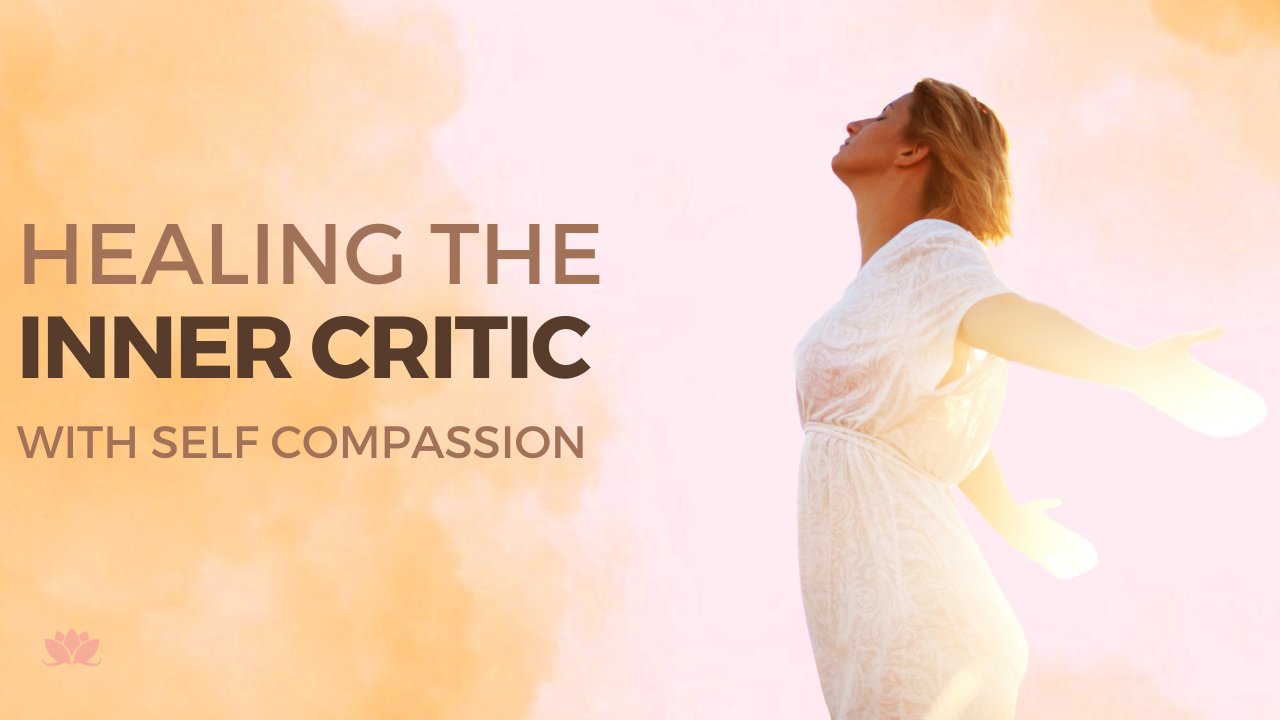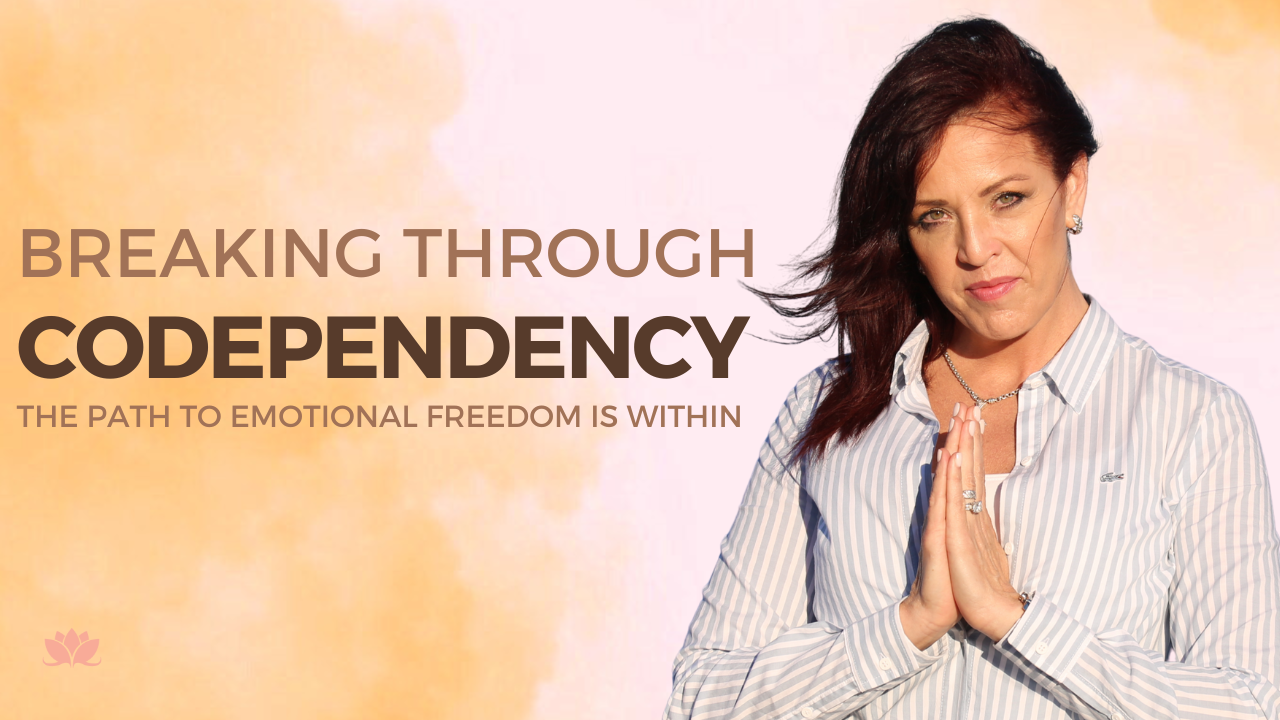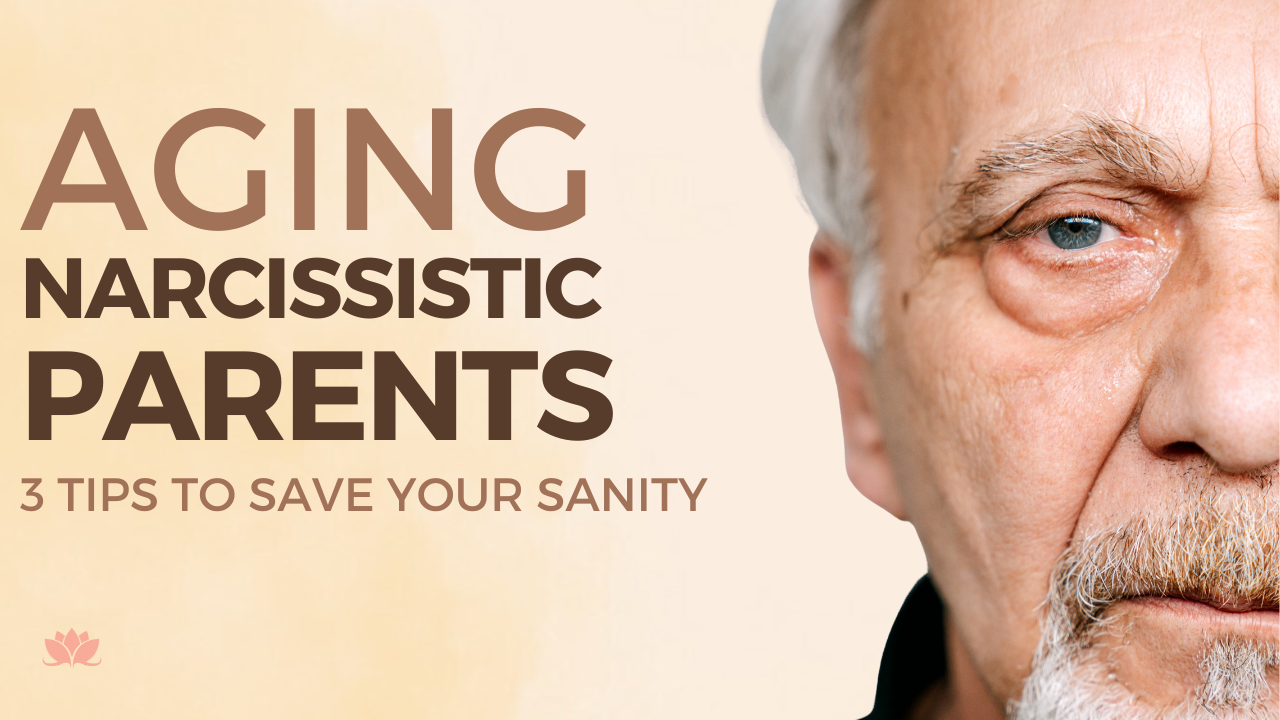Why Overthinkers Struggle in Relationships: Inner Fears, Hypotheticals, and the Anxiety of Upsetting Others
Discover why overthinkers struggle in relationships due to anxiety, inner fears, and the constant worry of upsetting others. Learn how to break the cycle


Could you be an overthinker with high codependent traits?
Overthinkers often find themselves stuck in a loop of anxiety, especially in relationships. Overthinkers replay conversations and events, worrying endlessly about potential mistakes they've made that may hurt the person or relationship. In relationships, we fear upsetting our partners, leading us to overanalyze every action. This constant battle with hypothetical scenarios can stem from childhood trauma, where people-pleasing behaviors and a need for approval were learned early on.
Overthinkers’ fear of making others angry or hurt is deeply rooted in our need and desire for love and acceptance. We may appear distant or overly cautious, but this often reflects our internal struggles with self-doubt. Our preoccupation with pleasing others can sometimes cause misunderstandings in relationships, as our partner may misinterpret our careful approach as distrust, insecurity, or neediness.
Psychologists like Dr. Guy Winch explain that overthinkers often carry an excessive sense of responsibility for others' feelings, leading them to fear conflict and prioritize others' needs over their own. This behavior can lead to emotional exhaustion and strain within relationships. This can manifest more commonly known as codependency in relationships.
Overthinkers’ fears can be misunderstood because they often don’t express their internal struggles clearly. Instead of communicating their worries, they try to manage their partner’s feelings, often without realizing the burden they’re carrying. As a result, partners may not understand why overthinkers seem distant or anxious.
In relationships, overthinkers need support and understanding to feel secure. Healing their fear of upsetting others and learning to trust their judgment can help those who struggle with overthinking break the cycle of endless worry and lead to more satisfying connections with others and within themselves. This can help them find the road back to their authentic self and develop the self-reliance they need to break through unhealthy codependent traits that often manifest when one is an overthinker.
With proper tools and open communication, overthinkers can learn to manage their fears and escape their constant battle with hypotheticals, allowing for healthier, more authentic, loving, and honest relationships.
Lisa A. Romano Breakthrough Life Coach
Conscious Healing Academy: 30 Weeks to Emotional Freedom, Spiritual Mastery, and Soul Transformation.
https://www.lisaaromano.com/store



